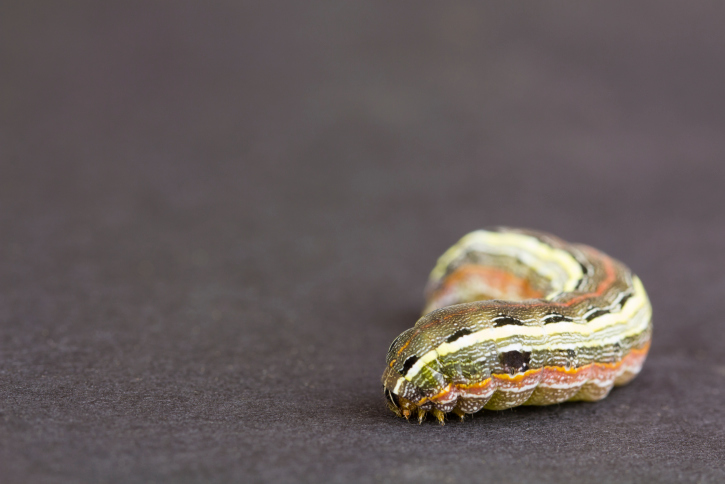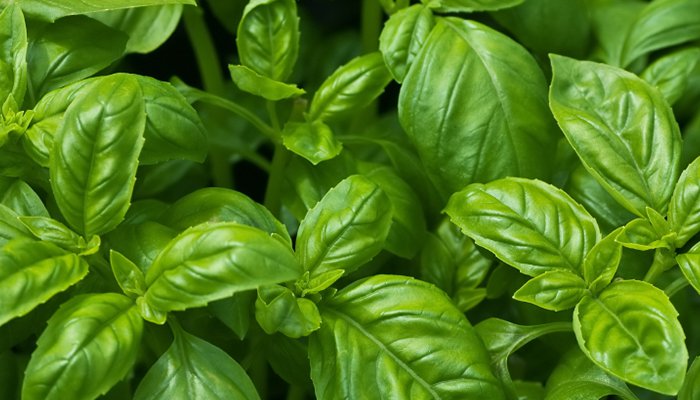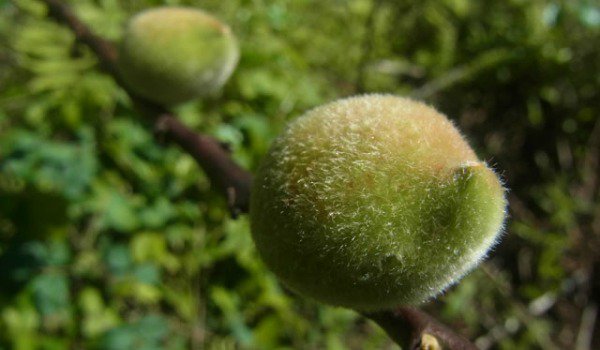
When you have worked so hard to create a beautiful lawn, it is always hard to accept that there will be problems along the way. Suddenly you see brown patches that were not there earlier. What could be causing such an issue? You water your lawn frequently but the brown patches never go away. There is a bit of sponginess here and there and it seems to be getting worse. Now you have noticed that there are more critters than usual trying to tear into your lawn searching for food. Suddenly you realize that you have grubs, every gardener’s worse nightmare.
Dealing with grubs
Grubs are fat little white c-shaped larvae that will turn into Japanese beetles or some may call them June bugs. There are two types that you should be concerned about. The scarab beetles will live for at least a year, and the June beetles will carry on this for three years. The eggs are hatched under the ground and they will feed on the roots of the grass, which will then turn into brown patches. After they become beetles they will demolish your garden foliage as well as flowers. They will lay their eggs back into the lawn and the cycle will continue if you don’t treat the problem.
Getting rid of grubs
Inspect your lawn during late summer to be sure that you really have grubs. Dig about 2 to 4 inches deep in a few sections of your lawn and you will see them in the soil if they are in fact present. If you see some, pick them out and drop them in some soapy water. If you only have a few grubs you may be able to get rid of them on your own instead of treating your entire lawn. If you do have a major grub issue, then you should treat your lawn with pesticides or if you prefer an organic method, try Milk spore or Nematodes. If you choose the pesticide way, start this process during mid-to late summer and early fall and decide if you want to use a curative product or a preventative product. The curative pesticide will kill on contact, and the preventative pesticide will kill over a long period of time, which will mean keeping your lawn irrigated to protect it from drying out during the summer heat.
Tips
There are other simple things you can do to avoid grub from making camp at your house. They don’t like to lay eggs in tall grass so try skipping the frequent mowing and allow your grass to grow two inches taller. The eggs need moisture to hatch, so try to water your lawn less and see how things work out. Fertilize your lawn in the fall and spring and reseed the trouble spots. They will be gone in no time.
Photo Credit: istockphoto.com










